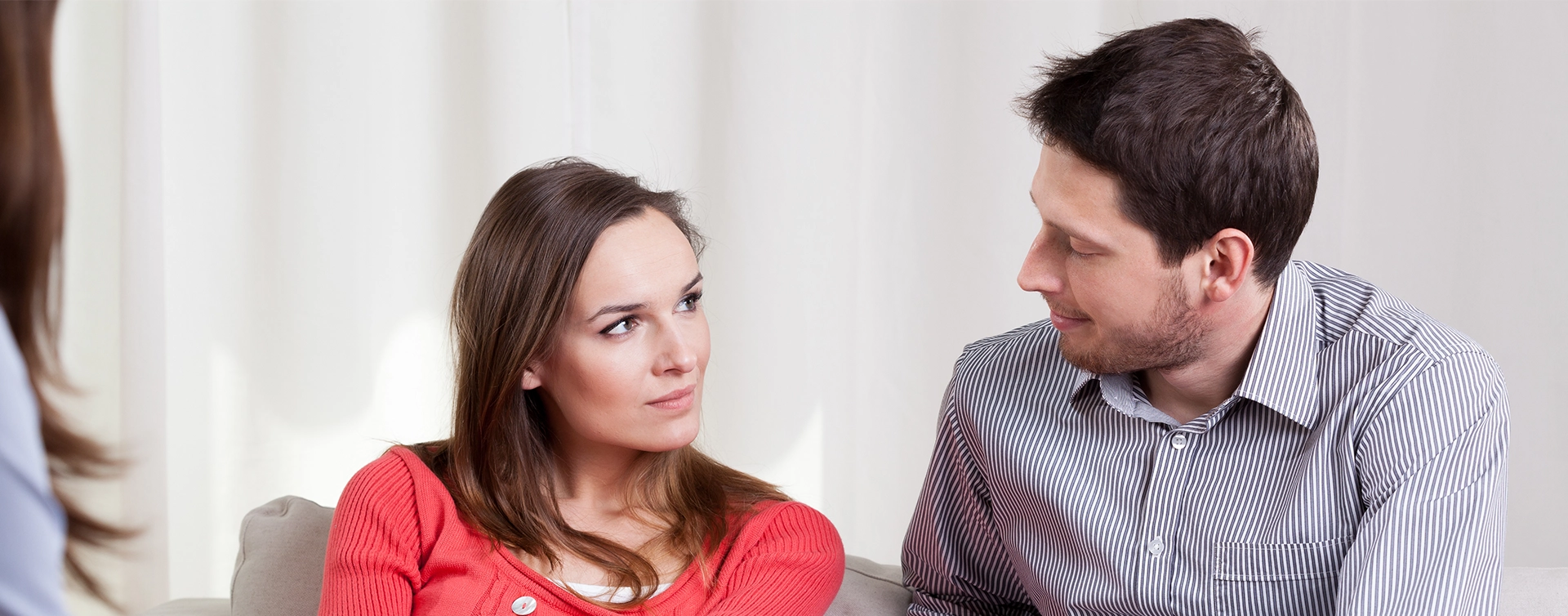
For LGBT couples, finding professional relationship counselling to suit their individual needs can present unique challenges.
Not all therapists offering relationship counselling services are equipped for the special requirements of an LGBT couple — or even aware that different considerations may need attention for therapy to succeed.
This blog post will explore some of the specific issues involved as well as outline guidelines and resources that can help LGBT couples access suitable and supportive therapy.
In recent years, there has been a growing awareness and recognition of the unique challenges faced by LGBT couples. Many of these challenges stem from social, legal, and cultural barriers that often make it difficult for couples to navigate the complexities of establishing and maintaining healthy relationships.
For instance, the lack of legal recognition afforded to same-sex couples in some jurisdictions can lead to difficulties in healthcare decision-making, tax obligations, and property rights.
Likewise, societal stigmatization and discrimination can take a toll on the emotional well-being of LGBT couples. It can also lead to feelings of isolation and marginalization from their communities.
While progress has been made in dismantling some of these barriers, it’s important for professionals working with LGBT couples to understand and be equipped to address the unique challenges that these couples face. This includes fostering a safe and inclusive environment and providing resources and support to help navigate the various obstacles that may arise throughout their relationships.
Related Article: Approaches and Techniques Used in Marriage Counselling and Couple Therapy
To provide effective counselling for LGBT couples, mental health professionals must adopt an inclusive, empathetic, and culturally competent approach.

In order to provide optimal care and achieve the best possible results for our LGBT clients, it is essential to thoroughly assess their unique needs, experiences, and challenges. This requires couples counselling providers to be culturally competent, empathetic, and knowledgeable about the diverse perspectives and identities within the LGBT community.
The process of assessment should involve openly discussing the clients’ sexual orientation, gender identity, and the impact of discrimination and minority stress on their mental and emotional well-being.
By encouraging a safe and inclusive environment and actively engaging with clients from the LGBT community, we can develop tailored intervention strategies to ultimately empower them to overcome any obstacles they face and strengthen their resilience. This conscientious approach is paramount in fostering positive outcomes for LGBT individuals and contributing to the broader goal of social equality and justice for all.
Effective communication and conflict resolution strategies are essential to maintaining happy, harmonious relationships for all couples, including those in the LGBT community.
Professionally, our objective is to provide guidance and support to LGBT couples in navigating their unique challenges and fostering a strong foundation for their relationships. By offering tailored insights and techniques, LGBT couples can enhance their communication skills, better understand their partner’s perspective, and work through disagreements in a constructive manner.
This not only strengthens the bond between partners but also demonstrates a commitment to growth and the desire for a thriving relationship. Cultivating these healthy habits early on allows LGBT couples to face future challenges with resilience and confidence, ultimately contributing to their overall wellbeing and happiness together.
Respect and acceptance are essential components to creating a safe, supportive environment in counselling sessions. Without these key components, clients can’t establish trust with their counsellor, feel comfortable discussing sensitive topics, and build a relationship of mutual understanding.
Counsellors must also work to ensure that their attitude and behaviour convey respect for their clients’ individual needs, perspectives and circumstances. By setting clear boundaries that demonstrate both respect and acceptance while establishing good communication with the client, counsellors can help foster an open dialogue where challenging thoughts and feelings can be explored in a safe and trusting space.
Ultimately, respect and acceptance promote successful counselling sessions because they encourage the client to feel heard, valued and capable of change.
In the realm of relationship counselling, it is essential for both practitioners and clients to foster an environment that encourages openness and honesty about one’s sexual orientation.
A healthy and supportive space enables individuals to freely express their personal experiences, preferences, and identities, ultimately enriching the therapy process.
By addressing the deeply-rooted challenges that the LGBTQ+ community may face while navigating romantic relationships, counsellors can work synergistically with their clients to overcome potential stigma, shame, or internalized homophobia.
In turn, such a transparent and validating atmosphere helps cultivate stronger connections, improved communication skills, and an enhanced understanding of one’s partner. By endorsing an unwavering commitment to inclusivity and authenticity in relationship counselling, healing and growth are promoted for all individuals, regardless of their sexual orientation.
Related Article: The Role of a Licensed Therapist in Marriage Counselling and Couple Therapy

Working with LGBT couples can be an incredibly rewarding experience, both for the counsellor and the couple. It’s important to remember that all couples, regardless of their orientation or gender identity, will face similar challenges.
For the best results in providing effective counselling, assessing the client’s needs and promoting respect between them is paramount. Additionally, openness about sexual orientation and creating a safe environment for this conversation will strengthen any relationships.
Helping LGBT couples develop healthy communication and conflict resolution strategies through understanding and patience is essential for creating a successful counselling session. And these are the boxes we tick with our couples counselling program at Counselling Simply.
Here, we do everything possible to promote healthy relationships by understanding and advocating for our clients. Contact us today to speak with a certified couple’s counsellor that can help you and your partner work through any issues.
© 2022 All rights reserved
Made with ❤ by 2marketing